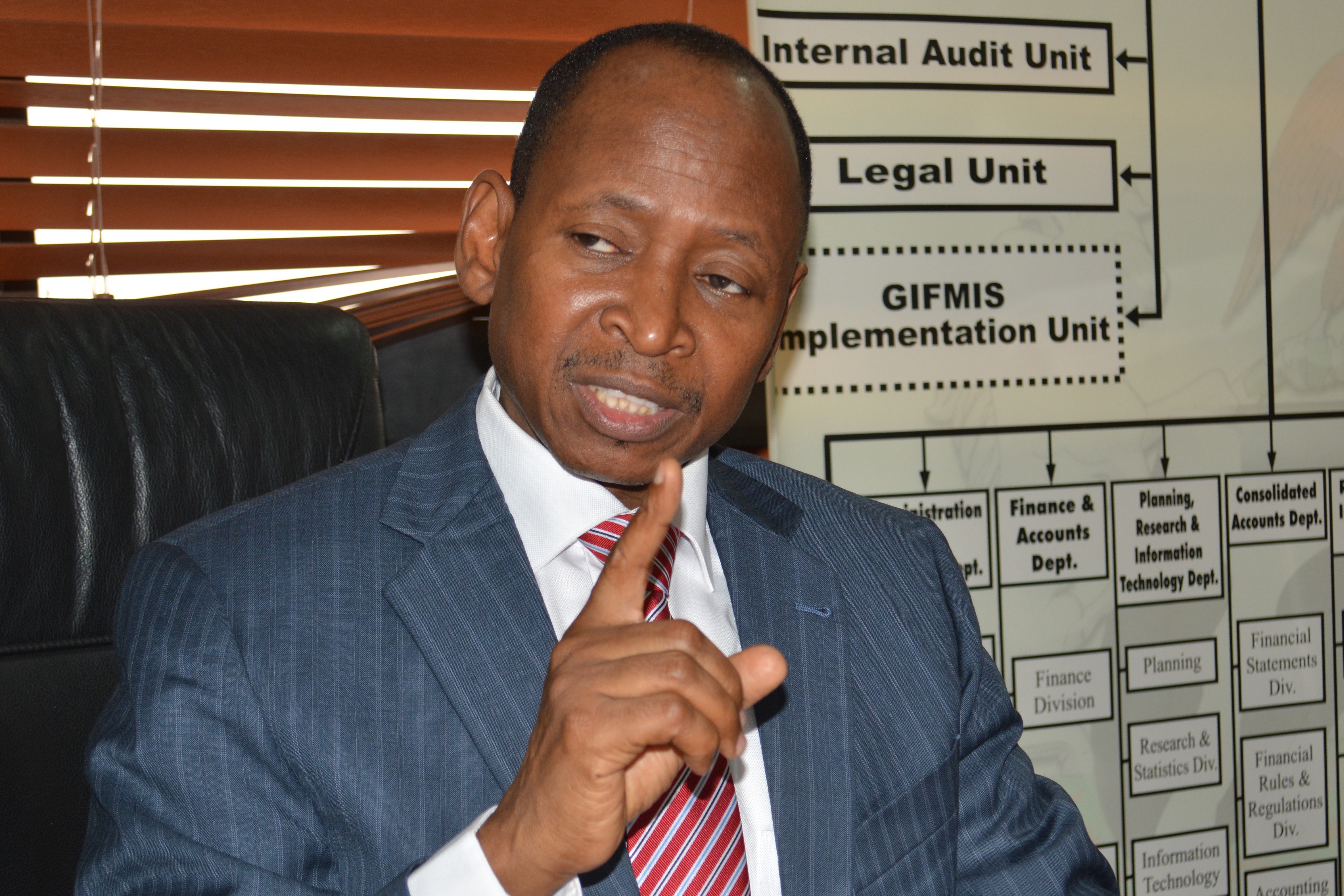
The Federal Government has saved over N288 billion through the implementation of the Integrated Personnel and Payroll Information System (IPPIS) from April 2007 till date.
Office of the Account General of the Federation (OAGF) revealed this on Thursday in Abuja when the Head of the Civil Service of the Federation visited the office on Peer Review Mechanism of Ministries Departments and Agencies (MDAs) exercise.
The presentation was made by the Director of Information Technology Department of the OAGF, Mr Afolabi Ajayi, NAN reports.
Ajayi said the IPPIS scheme was one of the Federal Government’s reform initiatives designed to achieve a centralised payroll system of the Federal Government.
He said that the IPPIS also facilitated easy storage, updating and retrieval of personal records for administrative and pensions processing to aid manpower planning and budgeting as well as to comply with global best practice.
Ajayi explained that money saved was as a result of the difference between the amount government would have released to those MDAs based on appropriation and the actual amount released and paid through IPPIS.
“The IPPIS has made it possible for prompt and regular payment of salaries to public servants.
“The system has also facilitated prompt deductions and remittances to the accounts of all third parties stakeholders such as PFAs, NHIS, NHF and cooperative societies.
“506 MDAs with total staff strength of 344,625 are on the IPPIS platform with the gross pay of about N49.07 billion as at Sept. 2018,” he disclosed.
Ajayi revealed that the Federal Government had also collected over N10 trillion from the implementation of the Treasury Single Account (TSA) from 1,674 MDAs.
He said that under TSA, government was able to save over N45 billion monthly in interest on ways and means that it used to pay before the full implementation of the TSA.
Ajayi disclosed that N50 billion had so far been mopped up from commercial banks as a result of TSA implementation.
“Other achievements recorded since TSA became fully operational include the elimination of cash handling costs and ability to determine consolidated Federal Government cash position.
“There has also been significant improvement on Federal Government liquidity position, improved revenue collection mechanism through e-collection and better cash management capabilities,” he said.
Ajayi said that the OAGF was also handling the asset management project, which was established mainly for tracking, monitoring and management of all Federal Government’s fixed assets.
“The project is also tasked to devalue the registered assets using approved methods of revaluation or depreciation.
“We are also to recommend those assets to be disposed off, regenerated, or relocated to other centres that need them,” he said.





